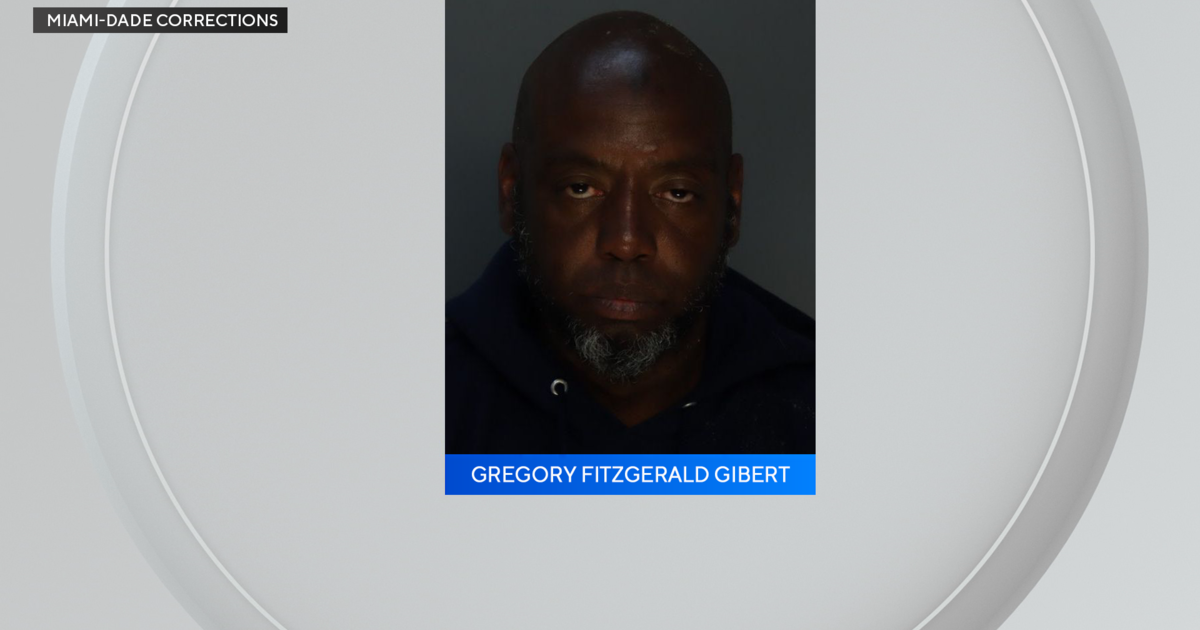BBB: IRS Scam #1 Most Used In 2O15
Follow CBSMIAMI.COM: Facebook | Twitter
MIAMI (CBSMiami) -- The Better Business Bureau has released a list of the top 10 scams of the year.
Whether you've been a victim or not, the bureau warns consumers around the U.S. to be aware of these and report them.
An IRS scam made the top of the list nationally. In this scam, someone claiming to be with the IRS will call you saying you owe money to the government and if you don't pay immediately, you'll be arrested. Many victims pay up out of fear by sending them cash, using a debit card or wire transfer. According to the bureau, government agencies won't call you to collect money.
The government grants scam is the second most reported. It comes in the form of a call, email or letter saying you qualify for a government grant. Here's the catch. In order to get the grant, you must first send a processing or delivery fee by wire transfer or prepaid card - making it almost impossible to trace the payment once it's gone.
Next up, a debt collections scam where you get a phone call claiming you owe money. If you're not willing to pay up, they threaten with garnishments, lawsuits, and even jail time. The bureau says the scammer will often us Caller ID spoofing and pretend to be a government agency or law enforcement to invoke fear and fast payment from their victims.
Fourth on the list, is one we've seen before - the sweepstakes, prizes, or gifts scam. It comes in the form of a call, email or letter saying you've won a prize in a contest you never entered. To get the prize, they tell you to pay a fee. The prize never arrives. The bureau says if you've actually won, you should never have to pay money to claim a prize.
Another scam, doesn't look to get money from their victims, more like information. It's the phishing scam and it comes in various forms. You might get an email saying you need to verify your information or have won a prize and it includes a link. Once clicked, it takes you to a site that downloads malware onto your computer that searches for sensitive data like passwords.
So, how can you avoid becoming a victim of one of these scams? The bureau has a number of suggestions:
- If you are unsure about a phone call, email or letter that claims to be from your bank, utility company, government agency, etc., call the business directly using the number on your bill.
- Take the time to research the business or organization reaching out to you.
- To find or report scams, (even if you haven't lost any money), go to their scam tracker.
Click here to see the full list.



